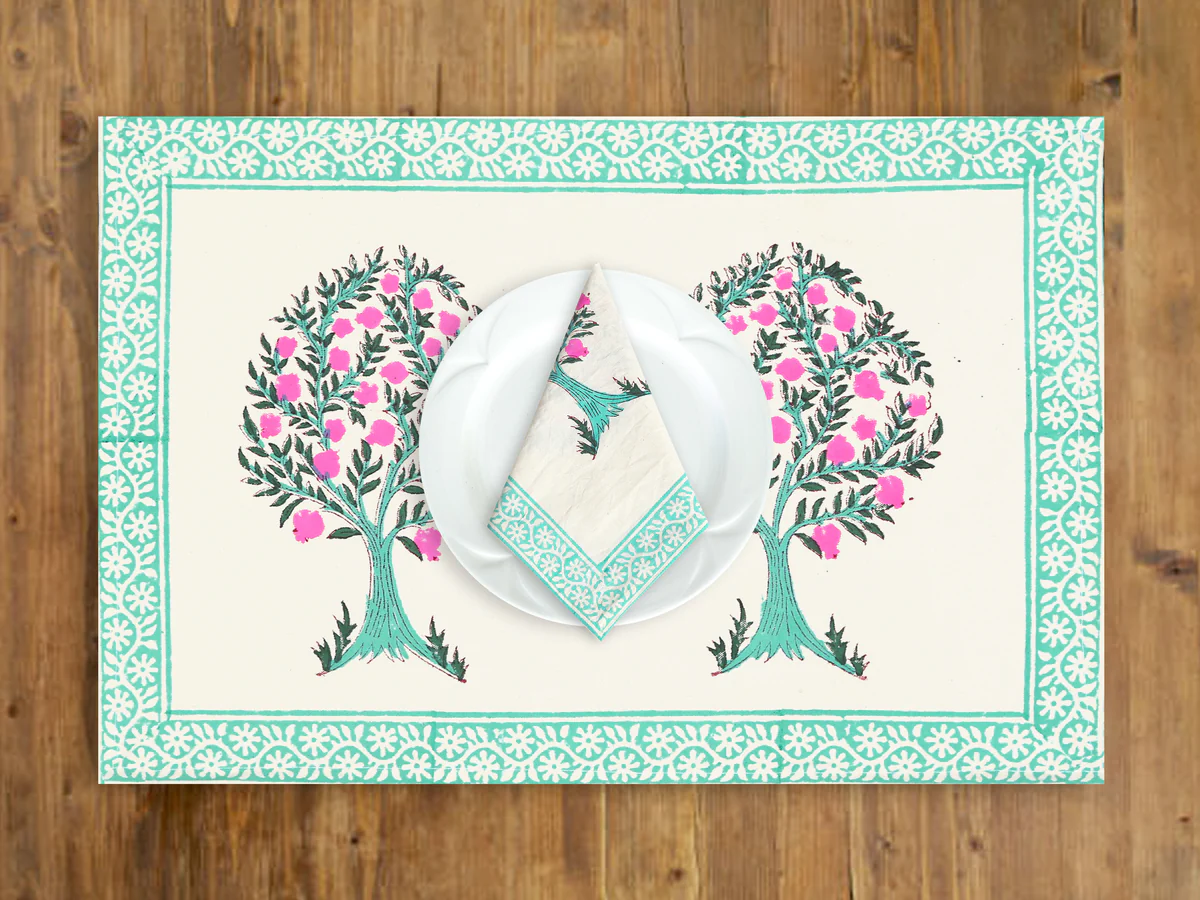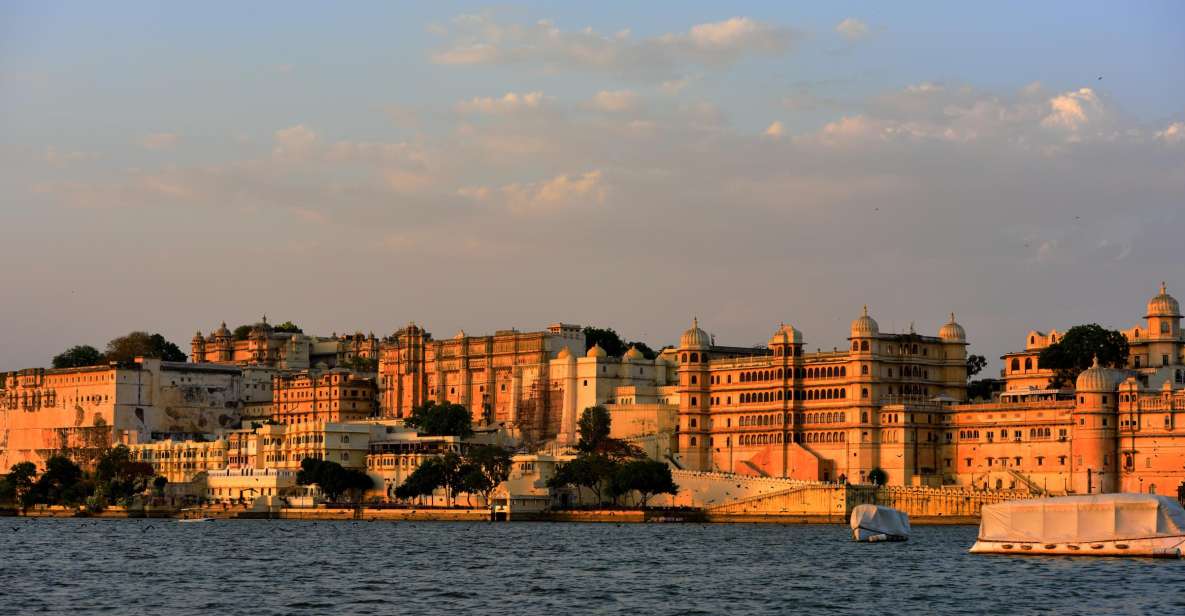Royal Trails: Experiencing Rajasthan’s Rich Culture and Heritage

Introduction
Rajasthan is a land steeped in history, where every corner echoes tales of valor, tradition, and grandeur. Beyond its magnificent palaces and formidable forts, Rajasthan is also home to a vibrant cultural heritage that is deeply ingrained in its people, festivals, art, and daily life. This guide takes you on a journey through Rajasthan’s rich cultural legacy.
The Grandeur of Rajasthan’s Palaces and Forts
Rajasthan is home to some of the most opulent palaces and grand forts in India, showcasing the artistic brilliance and architectural ingenuity of the Rajput era.
- City Palace, Jaipur: A stunning example of Rajput and Mughal architectural fusion.
- Mehrangarh Fort, Jodhpur: A towering fort that offers breathtaking views and houses an extensive museum.
- Udaipur’s City Palace: Overlooking Lake Pichola, this palace is a masterpiece of intricate carvings and royal artifacts.
- Chittorgarh Fort: A symbol of Rajput bravery, this fort narrates stories of legendary sieges and heroism.
Traditional Rajasthani Art and Handicrafts
Rajasthan is a treasure trove of artistic traditions passed down through generations. The state is renowned for its intricate handicrafts and textiles, each reflecting a unique cultural identity.
- Blue Pottery, Jaipur: A distinctive form of pottery decorated with floral and geometric patterns.
- Bandhani and Leheriya: Traditional tie-dye textiles popular for their vibrant colors.
- Meenakari and Kundan Jewelry: Exquisite jewelry-making techniques that originated in Rajasthan.
- Miniature Paintings: Found in places like Udaipur and Bundi, these paintings depict royal courts, mythology, and daily life.
The Folk Music and Dance of Rajasthan
Music and dance are integral to Rajasthan’s cultural heritage. Each region of the state has its own distinctive styles that captivate audiences with their rhythm and storytelling.
- Ghoomar Dance: A traditional folk dance performed by women in colorful ghagras (skirts).
- Kalbelia Dance: Performed by the Kalbelia community, it mimics the movements of a serpent.
- Manganiyar and Langas: These musician communities keep alive the tradition of soulful Rajasthani folk songs.
The Culinary Heritage of Rajasthan
Rajasthani cuisine is a delightful mix of flavors, influenced by its arid climate and royal history.
- Dal Baati Churma: A signature dish made with lentils, baked wheat dumplings, and sweetened crushed wheat.
- Laal Maas: A fiery mutton curry that is a staple of Rajasthani royal kitchens.
- Gatte ki Sabzi: A gram flour-based dish cooked in a yogurt-based curry.
- Mirchi Bada: A popular snack consisting of spicy green chilies coated in gram flour batter and deep-fried.
Rajasthan’s Colorful Festivals
Rajasthan celebrates numerous festivals that offer a glimpse into its vibrant traditions and cultural diversity.
- Pushkar Camel Fair: An annual event that attracts traders, tourists, and pilgrims to the sacred town of Pushkar.
- Teej Festival: Celebrated by women with swings, songs, and processions in honor of Goddess Parvati.
- Desert Festival, Jaisalmer: A spectacular event featuring camel races, folk performances, and sand dune activities.
- Gangaur Festival: Dedicated to Goddess Gauri, this festival is marked by processions of beautifully adorned idols.
Rural Rajasthan: A Glimpse into Authentic Village Life
Beyond the grandeur of its cities, Rajasthan’s villages offer an unfiltered view of traditional life, customs, and craftsmanship.
- Khuri Village, Jaisalmer: Famous for its desert lifestyle and camel safaris.
- Bishnoi Villages, Jodhpur: Home to a community known for its deep-rooted environmental conservation efforts.
- Ranakpur: A peaceful village famous for its stunning Jain temples.
- Mandawa: Renowned for its beautifully painted havelis and artistic heritage.
Best Time to Experience Rajasthan’s Culture
The ideal time to visit Rajasthan and immerse yourself in its cultural experiences is between October and March. The weather is pleasant, making it easier to explore heritage sites, attend festivals, and enjoy outdoor activities.
Travel Tips for an Authentic Cultural Experience
- Engage with locals to learn about their traditions and way of life.
- Visit during festivals to witness Rajasthan’s vibrant culture in full bloom.
- Stay in heritage properties to experience regal hospitality.
- Shop for authentic handicrafts from local markets to support traditional artisans.
Conclusion
Rajasthan is not just about its majestic palaces; it is a land where history, art, and tradition come alive in every street, festival, and culinary delight. Whether you are exploring the grandeur of Mehrangarh Fort, witnessing a mesmerizing folk dance, or savoring traditional Rajasthani cuisine, the cultural tapestry of Rajasthan leaves an unforgettable impression on every traveler.







